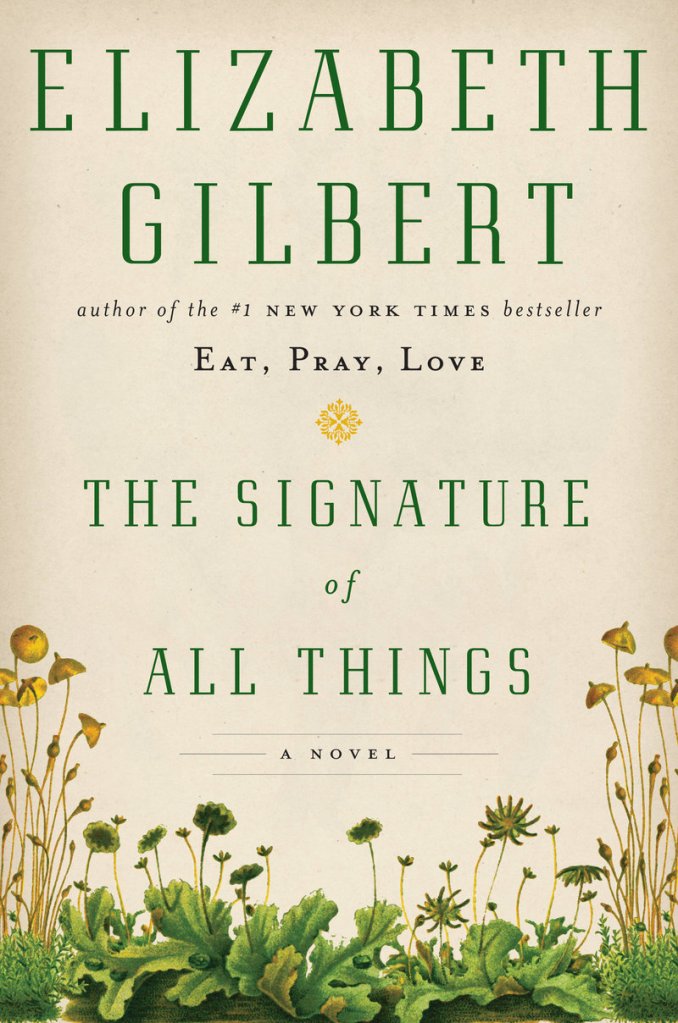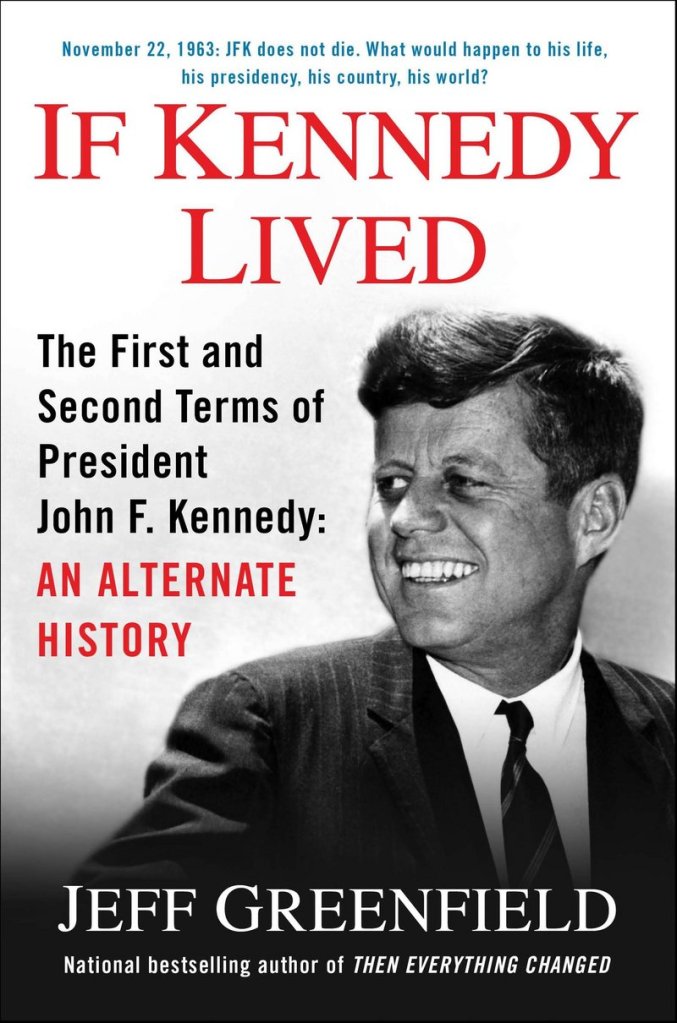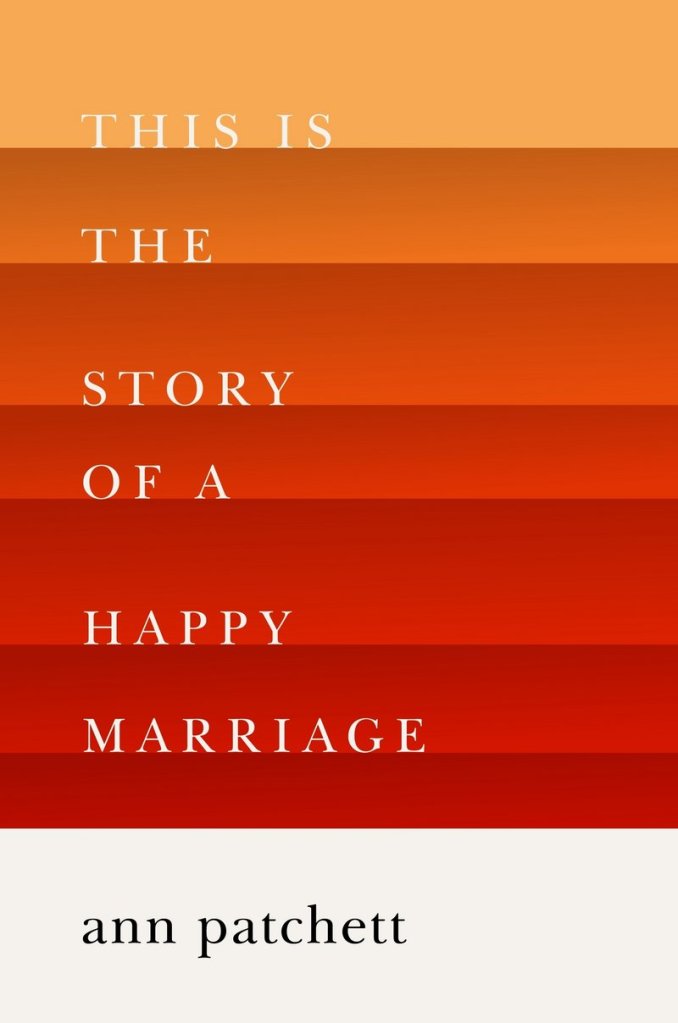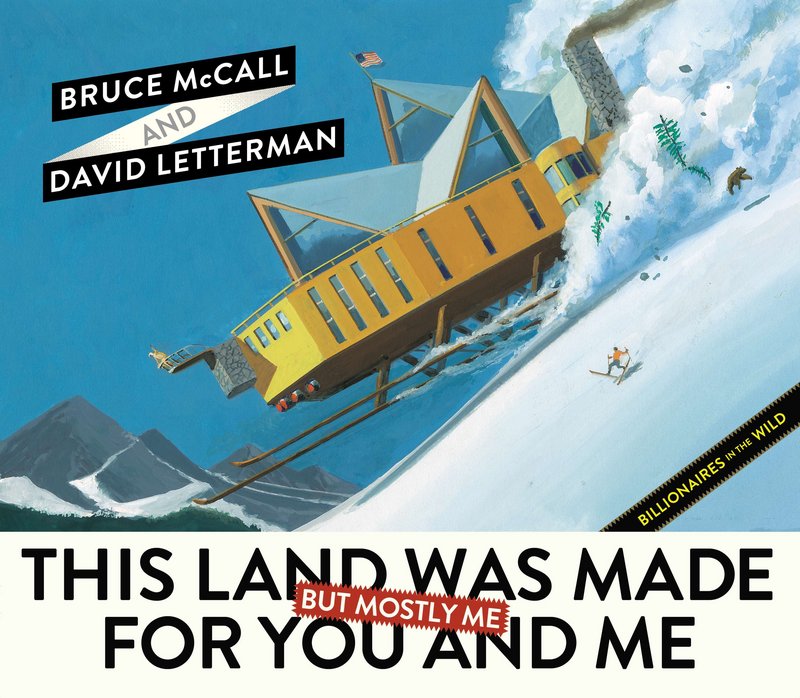NEW YORK — Elizabeth Gilbert spent enough years as a memoir writer, and had so much success, that even her admirers forget that she started out in fiction.
“For all intents and purposes, whatever I did before ‘Eat, Pray, Love’ doesn’t exist,” Gilbert said during a recent interview. “I’ve had some really lovely encounters with very sweet people. Someone will come up to me and say, ‘I just want to tell you I loved your first book so much. It changed my life.’ And I know they’re not talking about that book of short stories I published in the 1990s.”
This fall, Gilbert returns to fiction with “The Signature of All Things,” a globe-trotting family saga set in the 18th and 19th centuries. It’s her first novel in more than a decade and a book she could never have taken on without the triumph of “Eat, Pray, Love,” her million-selling account of the spiritual and geographic journey that followed the collapse of her first marriage.
“Writing serves different purposes in different seasons in life,” says Gilbert, 44, now remarried. “In my 20s, I was seriously pursuing an avocation in literary fiction. Then I used writing all through my 30s just to work some stuff out, just to take on some really important things I had to figure out myself. Now, I’m in this really wonderful moment where I have the resources and the time to return to fiction in a bigger way than I could have had in my 20s.”
Gilbert is among several authors crossing between fiction and nonfiction.
Ishmael Beah, the former child soldier from Sierra Leone who debuted with the best-selling memoir, “A Long Way Gone,” has written the novel “Radiance of Tomorrow.” Jesmyn Ward, whose novel “Salvage the Bones” won the National Book Award in 2011, has a memoir, “Men We Reaped.”
In “The Death of Santini,” Pat Conroy tells a nonfiction story about his father, who inspired the classic Conroy novel “The Great Santini.”
Gilbert’s friend Ann Patchett, whose novels include “Bel Canto” and “State of Wonder,” is back with a memoir, “This Is the Story of a Happy Marriage.”
“I have to go looking for fiction, but nonfiction, which is essentially just life, is always there,” Patchett says. “I’m writing nonfiction all the time. I got to the point where I had so much of it that I wanted to shape it into a narrative. The experience of publishing this book feels really different from publishing a novel. Novels are nerve-racking, major productions. ‘This Is the Story of a Happy Marriage’ is easier. It’s just me.”
Novelists sticking to fiction include Thomas Pynchon, Jhumpa Lahiri and Alice McDermott.
“The Secret History” author Donna Tartt ends a decade-long absence with the novel “The Goldfinch,” and Stephen King continues the story of his classic “The Shining” with “Doctor Sleep.”
Helen Fielding has some new adventures for her fictional heroine in “Bridget Jones: Mad About the Boy.”
Fiction also will come from a former CIA operative (Valerie Plame), a forensic dentist (Mike Tabor, author of “Walk of Death”) and a movie star (James Franco).
Television host David Letterman wrote the text for a picture book, with illustrations by Bruce McCall, on the income divide: “This Land Was Made for You and Me (but Mostly Me): Billionaires in the Wild.”
Veronica Roth, who may soon rival Stephenie Meyer and Suzanne Collins in popularity among teens, completes her “Divergent” trilogy with “Allegiant.” Rick Riordan continues his “Heroes of Olympus” series, Jeff Kinney will have the latest “Diary of a Wimpy Kid” and Collins tells a war story for the very young in the picture book “Year of the Jungle.”
The two great presidents of the early 20th century, Theodore Roosevelt and Woodrow Wilson, will be subjects of books by Pulitzer Prize winning biographers: A. Scott Berg’s “Wilson” and Doris Kearns Goodwin’s “The Bully Pulpit.”
“For good or bad, we live in a world that is largely of Woodrow Wilson’s making,” Berg wrote in an email, “from the institutions that govern our economy (the Federal Reserve Board), to antitrust legislation and labor protection (the 8-hour workday) to the basic tenets of our foreign policy, most of which stem from Wilson’s call for a Declaration of War on April 2, 1917, when he said, ‘The world must be made safe for democracy.’ “
The season’s featured president will be John F. Kennedy, a man who very much believed in Wilson’s mission.
By the best estimates of Amazon.com and Barnes & Noble, some three dozen releases will mark the 50th anniversary of Kennedy’s death, from an armful or two of conspiracy works to historical summaries such as Larry J. Sabato’s “The Kennedy Half Century” to Jeff Greenfield’s speculative “If Kennedy Lived.”
Stories from the Kennedy era also can be found in “The Leonard Bernstein Letters,” which includes correspondence between the conductor-composer and such friends as Thornton Wilder and Stephen Sondheim.
Bernstein, a friend of the Kennedys, conducted pieces by Mahler and Verdi at the funeral for Robert Kennedy at New York’s St. Patrick’s Cathedral in June 1968.
“When your Mahler started to fill the Cathedral today, I thought it the most beautiful music I had ever heard. I am so glad I didn’t know it — it was this strange music of all the gods who were crying,” Jacqueline Kennedy wrote to Bernstein. “Your music was everything in my heart, of peace and pain and such drowning beauty. You could just close your eyes and be lost in it forever.”
Send questions/comments to the editors.







Success. Please wait for the page to reload. If the page does not reload within 5 seconds, please refresh the page.
Enter your email and password to access comments.
Hi, to comment on stories you must . This profile is in addition to your subscription and website login.
Already have a commenting profile? .
Invalid username/password.
Please check your email to confirm and complete your registration.
Only subscribers are eligible to post comments. Please subscribe or login first for digital access. Here’s why.
Use the form below to reset your password. When you've submitted your account email, we will send an email with a reset code.